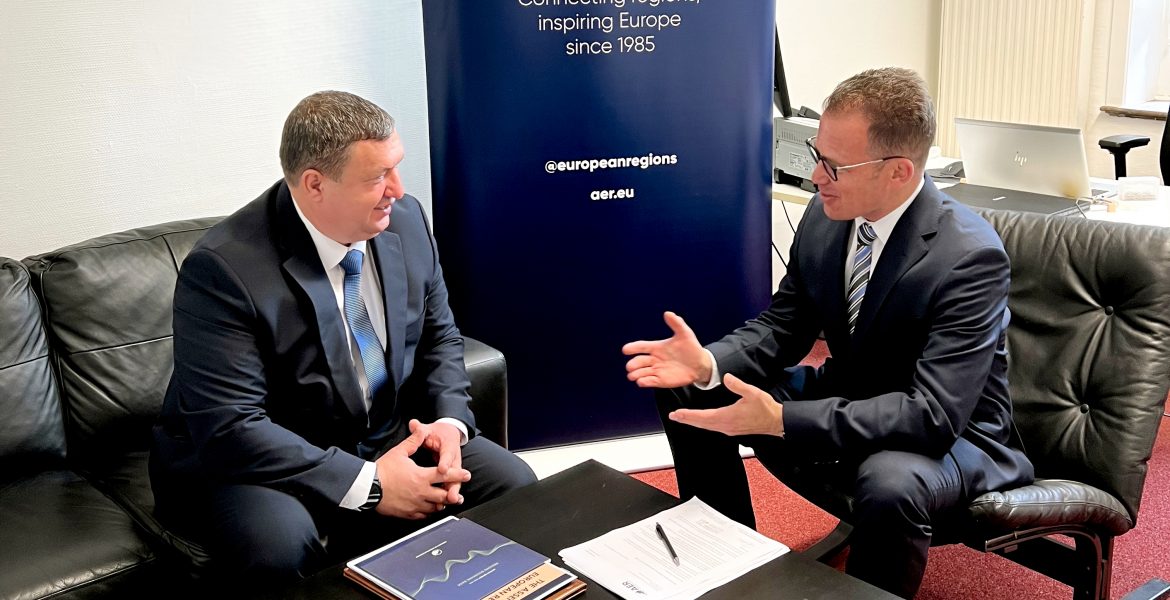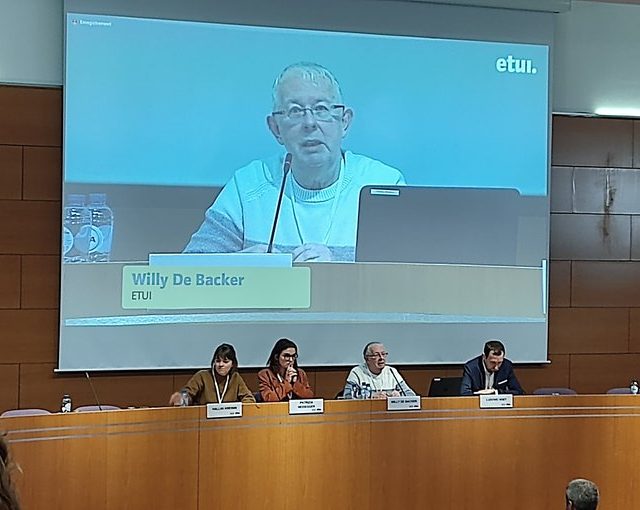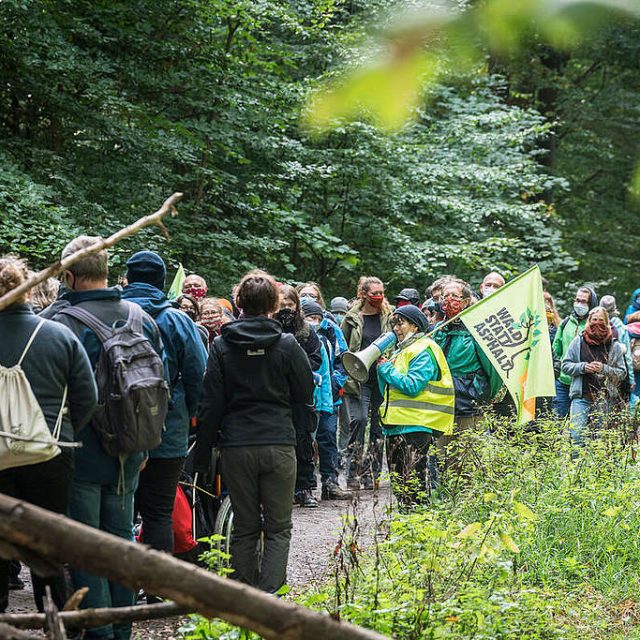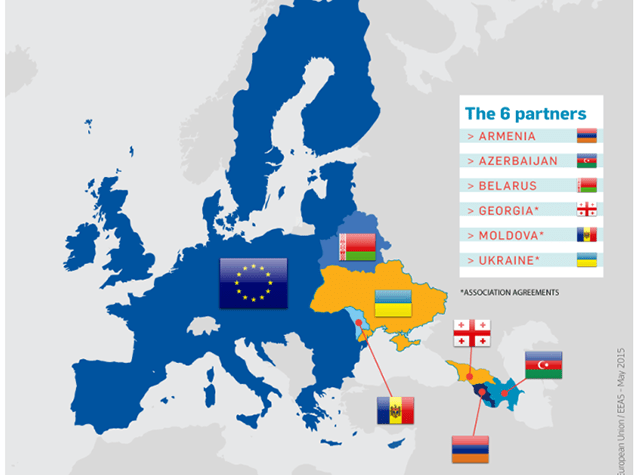I spoke at the Brussels Press Club with Mr Serhii Shulha, the Chairman of the Kirovohrad Regional Council, the central agrarian region of Ukraine that lies just 150 km from the front line where Ukrainian military defence against the Russian invasion are taking place.
He was in Brussels on a two-day trip to lobby for support for his region, which he says has suffered “hugely” from Russia’s blockade of Ukrainian Black Sea ports.
His region, he told me during this exclusive interview, is also among those shouldering the burden of providing humanitarian aid to fellow Ukrainians displaced from Russian destroyed parts of the country.
He voiced concern about the impact that the continuing war is having, economically and socially, on both his region and the country.
The main reason for his visit was to highlight the economic cost of the war to his region, whose economy is heavily reliant on agriculture.
He said the volume of grain exports from the region had fallen “dramatically”, particularly as a result of the Russian blockade of Ukrainian Black Sea ports.
Few cargo vessels are now able to sail from Ukraine because of Russia’s naval blockade of Ukraine’s Black Sea ports. Russia’s invasion and blockade have sharply cut global grain supplies.
Speaking at the Brussels Press Club, Shulha appealed to the EU to “help find a solution” to the impasse which has resulted, he said, in large stockpiles of grain. Another issue, he said, is the current traffic congestion at the frontiers with the EU which is seriously slowing down freight wagons carrying agricultural produce for export to Slovakia, Romania and Poland.
“This is something we would like the EU to look at resolving if it can,” he said. “As an agricultural region, Kirovohrad needs to find a solution to these problems. We are counting on your support. That is why I have come to Brussels.”
Shulha was invited by the Assembly of European Regions which has offices in Brussels. He is almost two years into a five-year term as a chairman of the regional council which is 25,000 sq km in size – about 4.2 per cent of the country – and with a population of 1 million the same as Brussels.
He met with Christian Spahr the secretary general of the Association of European Regions which he said Kirovohrad region hopes to join in the near future.
Making what is his first ever visit to Brussels, Shulha explained what it is like to be at war, saying his region currently has every day 3-5 air raid alerts. It has provided shelter and aid to over 100,000 refugees, or displaced people from those Ukraine territories most badly impacted by the war.
“This may not seem so much to some but, to us, it is a lot of people – 10 per cent of the population of my region. It is important for us to provide this aid but, yes, our resources are overloaded.”
The 64-member regional council he heads has an annual budget of about 2 billion hryvnia, and is responsible for services such as healthcare and social protection. Last year, its trade with the EU was worth about $273m.
The region’s economy, heavily reliant on agriculture, has suffered badly, he said, particularly in the sector of cereal exports.
“We also see long queues of trucks from Ukraine carrying grain and other agricultural products but which are stuck at the borders. This is a real problem.”
This, along with other issues such as economic, humanitarian issues and support of youth were among those issues which came under discussion during his trip to Brussels, he said.
He explained how life “continues” in his region which, compared with some parts of Ukraine, has so far escaped relatively unscathed.
One example, he said, was a recent festival at a local 140-year-old theatre, the first Ukrainian professional theatre in the country, which he attended.
“Despite the war, we decided that this festival should take place. Five theatres performed, including the Mariupol theatre. The Kropyvnystkii theatre presented the premiere of the play “The price of life” – about the war, about a mother’s pain. The performance impressed the spectators. And even during it the air alarm sounded and spectators had to go to shelter.”
“We are only 150 km from Russian-occupied territory but in its own way, this festival shows that life still goes on,” he said.
He also paid tribute to the Brussels Press Club itself which has sought to highlight the need to support Ukraine during the war with Russia.
“We are very grateful for this wonderful support, along with countries like the UK, Poland and all others EU member states which have been particularly helpful to Ukraine. It is important we know what we do not face the enemy alone.”
He said, “It appears Russia wants to destroy us as a nation and I think they thought they would have this war won within days.”
“But we Ukrainians are a strong, determined and independent people. We value and will always defend our freedom, our family and our way of life”




